Why install an EV charger?
- Don't rely on public chargers
- Reduce your charging costs
- Slash your carbon emissions
Post your job for free, quickly and easily and it will be sent to experts in your area interested in your job. It only takes 30 seconds. Recieve 100% free quotes with no obligation.
- Fast & easy - It only takes 2 minutes to post your job
- Free forever, no hidden costs
- Responses from experts interested in your job
- Personalised quotes from available experts
Get FREE EV Charger Quotes
Find out how much an EV Charger would cost you
Complete A Short Form – Receive Free Quotes – Compare & Save
Get FREE EV Charger Quotes
Find out how much an EV Charger would cost you
Complete A Short Form – Receive Free Quotes – Compare & Save
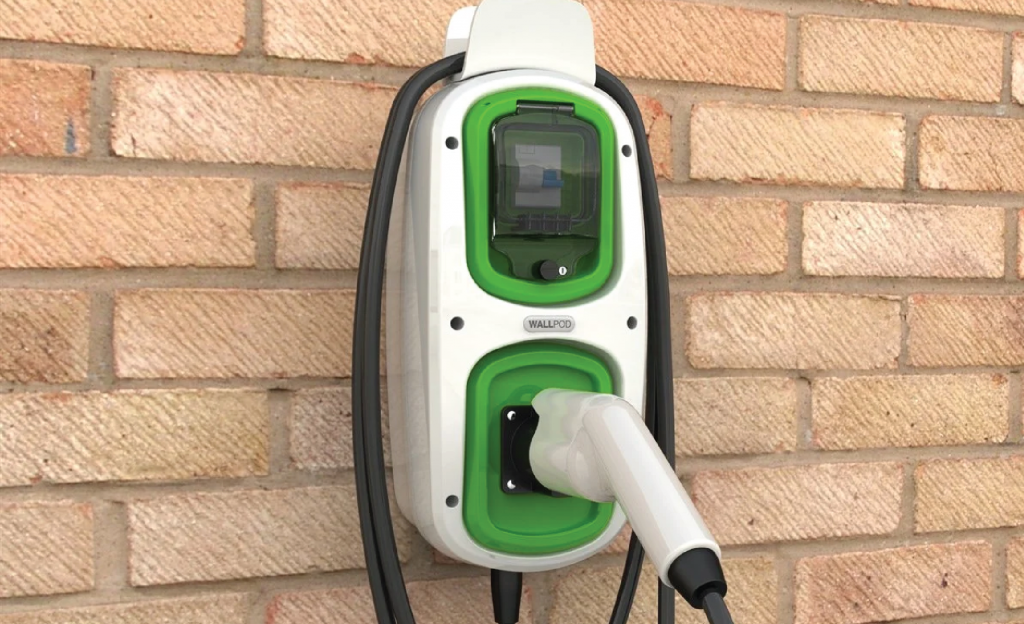
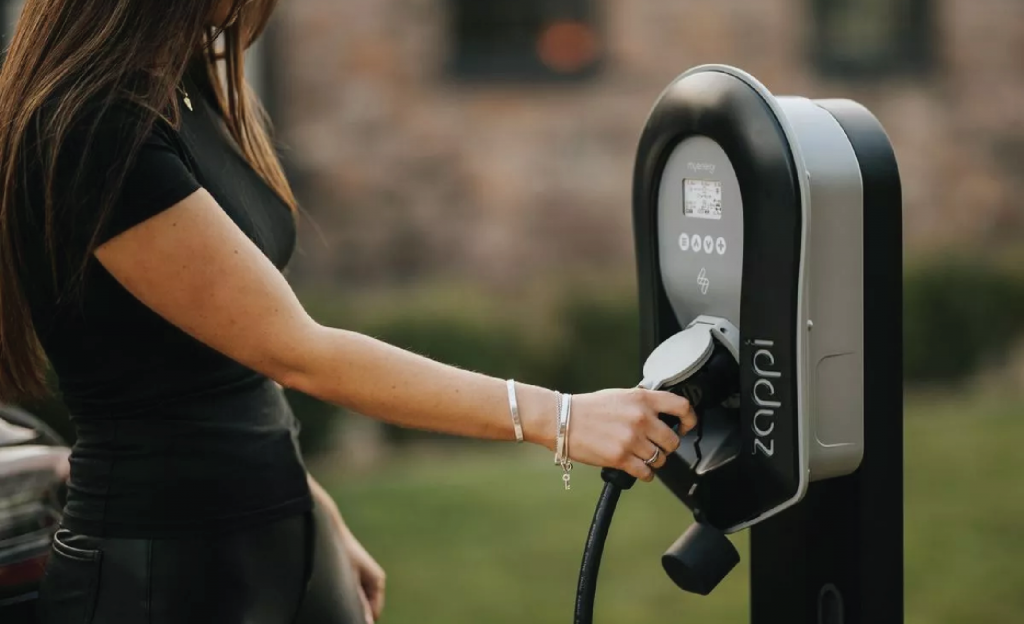
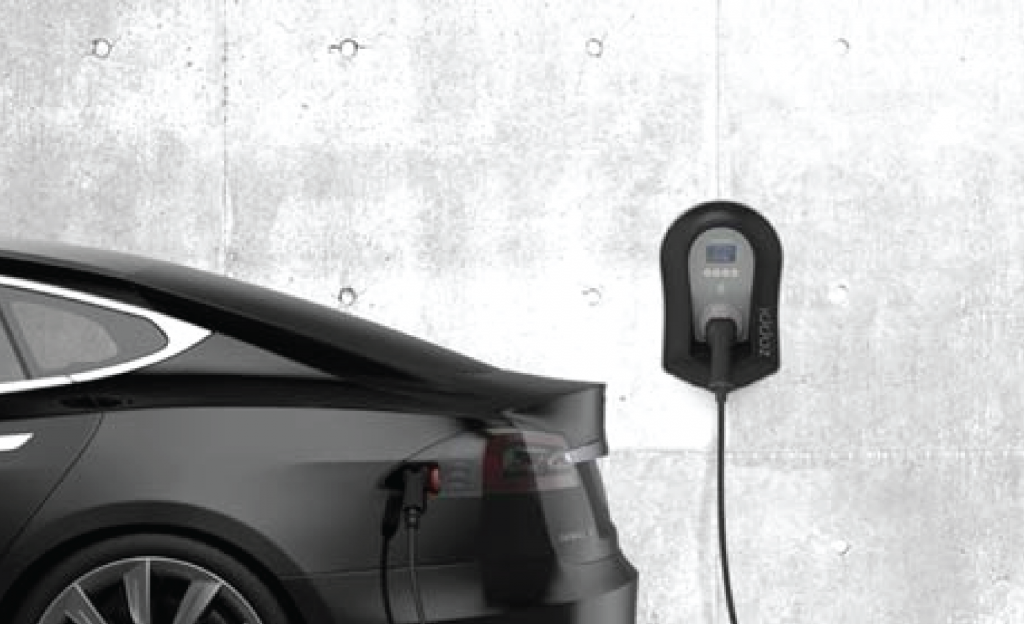
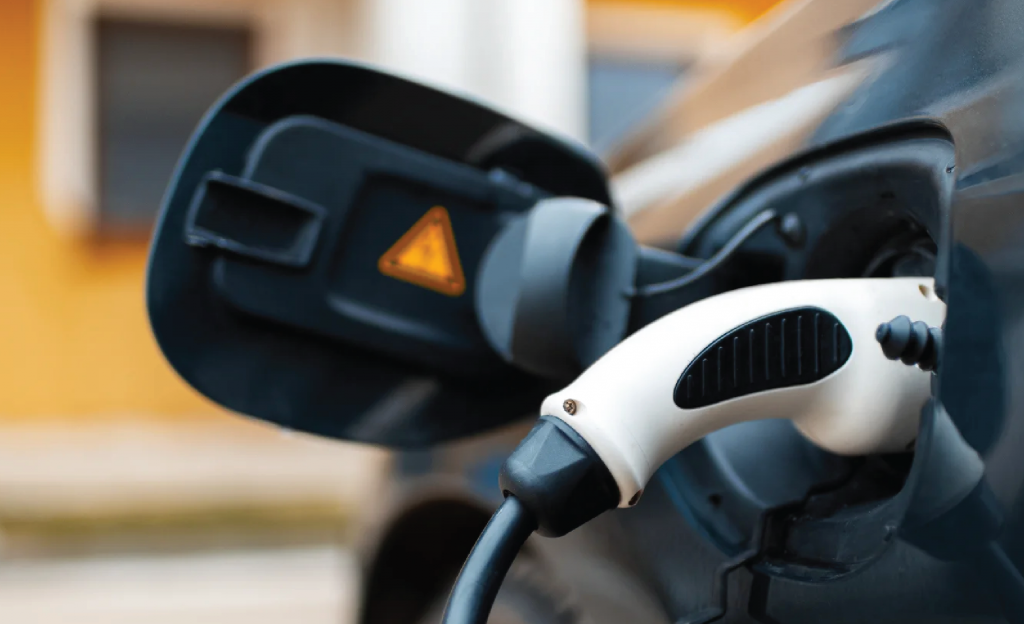
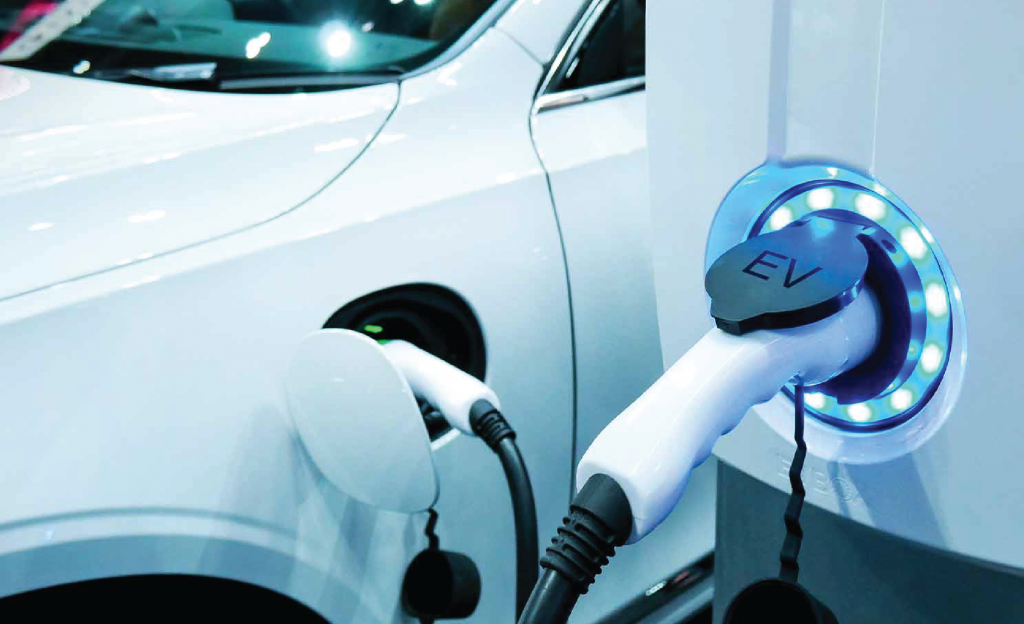
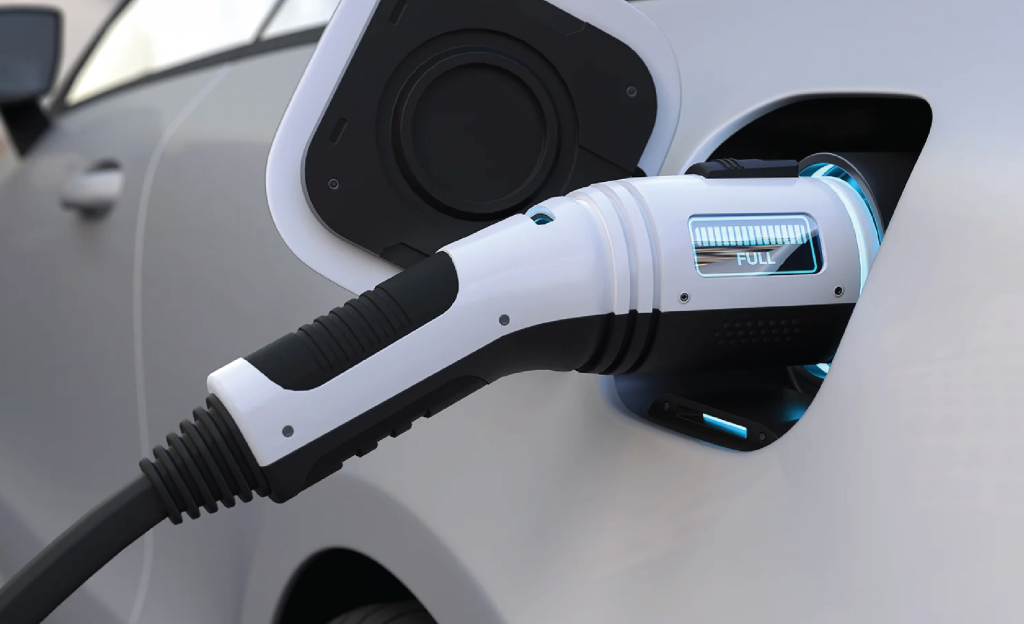
Frequently Asked Questions
EV Charger
Fast charging refers to any vehicles or chargers that are capable of charging from 7kW to 22kW. They can charge the typical Battery Electric Vehicle (BEV) in around eight hours, depending on the size of the battery. While the 22kW fast chargers are quicker, they are require a 3-phase connection which are not usually found in the average domestic property.
For charging at home, Type 1 and Type 2 are the most commonly used connections between the charger and the vehicle. The charging type you will need will be determined by your EV. Type 1 connectors are currently favoured by the Asian car manufacturers such as Nissan and Mitsubishi, while most American and European manufacturers such as Audi, BMW, Renault, Mercedes, VW and Volvo, use Type 2 connectors. Type 2 is rapidly becoming the most popular charging connection, though. Type 1 connectors have a five-pin plug and Type 2 connectors have a seven-pin plug.
A socket-only charger means there is no charging lead included/attached. This means you can use both Type 1 and Type 2 connection leads, but you will need to purchase these leads separately if they did not come with the vehicle. These types of chargers are described as untethered and sometimes as a ‘Universal’ charger. Some people prefer the flexibility an untethered charger offers, while other like the convenience of the cable already being attached when they get home.
Like petrol or diesel cars, charging costs vary depending on the electric vehicle. The two main points that impact your vehicle’s charge costs are its battery size and where you charge it.
The amount you pay per charge is calculated by multiplying the price of the energy in kilowatt-hours (often abbreviated to kWh) by the battery size. For example, if you’re charging at home with an energy tariff rate of 15p per kWh and your car’s battery size is 50kWh, then you should mutiply them (0.15 x 50) to reach a cost of £7.50 per full charge.
In most cases, no. The average daily commute is around 30 miles, which equates to around 1-2 hours to recharging time when using a dedicated home charge point. If you’re using multiple EVs regularly then the easiest charging solution would be to charge one EV one night and the other the next night and keep rotating between the two.
Any car incurs some sort of carbon and environmental cost during the manufacturing process. This will vary and depend on the manufacturer, of course, and many are investing in more sustainable methods of production. Many manufacturers, such as Tesla, will also help recycle a car battery at the end of its life or give it a new function as an energy storage device.
Once the car is on the road, though, electric vehicles are far more better for air quality and the environment. Around 40% of the UK’s energy is produced by renewable resources and the country is on target to stop producing power from coal plants by 2025.
While electric cars are already more sustainable and better for air quality compared to petrol or diesel, they will actually become progressively cleaner as the country shifts towards renewable energy sources, whereas a traditional internal combustion engine car cannot do this once it rolls of the production line.
Even if the electricity to power EVs were from “dirty” sources, it is still a far more efficient and environmentally friendly way of moving a vehicle from A to B. Beyond that, the zero emissions from the vehicle itself is a big positive for air quality in our towns and cities.
Trade Sign-Up
If you want more work you've come
to the right place.
Free to sign up, there’s no contract, no subscription and no hidden fees. You simply pay for leads you want.
We take pride in matching our customers with the right product suppliers. It is free to sign up as an expert, with no subscription costs or hidden fees. You’re in charge. Only pay for the leads you receive.
Whether you want to expand your business, scale your sales, or place your brand in front of the eyes of the most suitable online customers, My Renewable Quote can make your goals happen.

